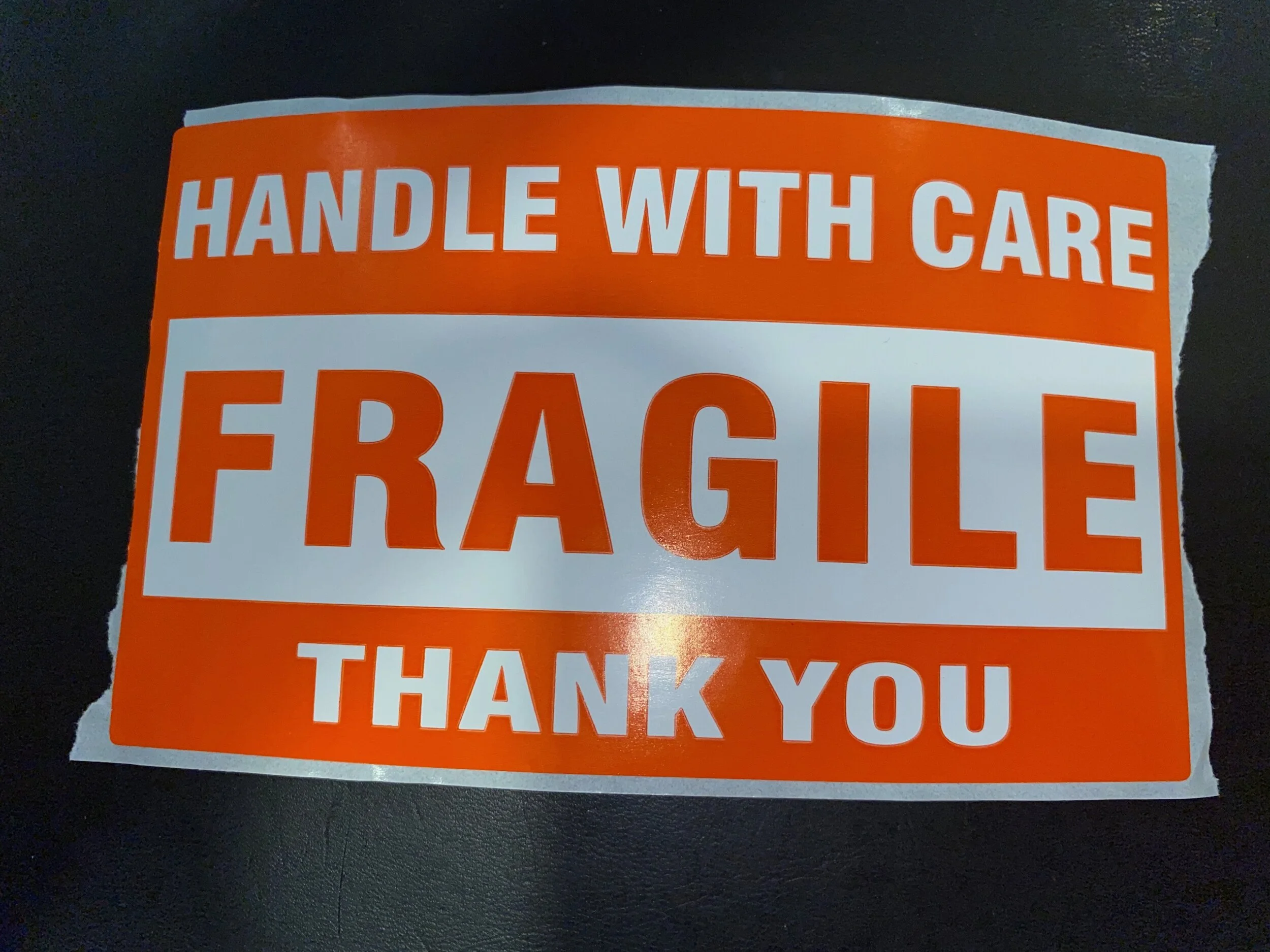Two remarkable women recently opened their hearts to me so that I might better bandage mine. Both suffered tragic loss and told their stories in memoirs that create understanding and breath empathy.
In The Smallest Lights in the Universe, Sara Seager tells of falling in love with science and a remarkable husband. Then, losing him. Seager is an astrophysicist, a professor at MIT, and a MacArthur Foundation “genius” grant awardee. She is in the forefront of the search for life on exoplanets planets that orbit stars other than our sun.
Emily Rapp Black is a professor of creative writing at U.C. Riverside and a member of the medical school faculty. In her book, Sanctuary: A Memoir, she tells of the death of her son from Tay-Sachs disease before his third birthday and the collapse of her marriage. The book begins with Black griping the railing above the Rio Grande Gorge bridge in New Mexico, staring down 565 feet wanting to jump, and then stepping back.
The authors crafted wonderful sentences, pages and paragraphs. They spoke to my heart and told me that I am not alone in my grief, that what I am feeling is not just mine but universally human.
““Hour by hour, I felt either broken or bulletproof. I could span the space between them in seconds,””
“Hour by hour, I felt either broken or bulletproof. I could span the space between them in seconds,” Seager writes (p. 140). Yes, it’s as if the insulation on my emotional core is just microns thick and the slightest scrape will hemorrhage.
And Black says that, “Sometimes I’m uncomfortable, sometimes confused, sometimes proud, and sometimes totally numb because I can’t hold all of the emotions at once. Guilt is like a blanket I drag around and sleep under and never wash. There is no predicting when one of these emotions will arise and how long it will last” (p. 20).
Then, there is what I now know is a false belief that one begins a new life after loss. No such thing, Black writes, “There is no new versus old life; instead, one exists in the shadow of the other, perhaps in its continuing light, like the stars that are seen only after they’ve long exploded an died, and yet they sit in the sky still, marking our ordinary time, which is always and extraordinary mix of times” (p. 30).
After weighing in at the clinic the other day I realized that grief is heavy. I am dieting. (Please remember that I told you so and remind me.) Just as I came to this moment of enlightenment, I read Black saying, “Just as grief reorders your emotional life, it rearranges your physical body….The fact that we carry grief in our bodies and the way in which we carry it are no joke. We do all have it. The body is smart. But it can tolerate only so much” (p. 200).
In their memoirs, Black and Seager weave loss and and build life simultaneously. The life stories are beautiful and tragic. Resilience is not flying over the mountain of grief, as Black writes, but standing in the doorway holding both lives, grief and gratitude (p. 213).
And wonder.
Seager’s scanning the universes for what can’t be seen directly but only inferred, leads her to end the book with wonder:
Do I believe in other life in the universe? Yes, I believe. The better question: What does our search for it say about us? It says we’re curious. It says that we’re hopeful. It says that we’re capable of wonder and of wonderful things.
I don’t think that it’s an accident that there’s a mirror at the heart of every large telescope. If we want to find another Earth, that means that we want to find another us. We think that we are work knowing. We want to be a light in somebody else’s sky. And as long as we keep looking for each other, we will never be alone (p. 305).
We will never be alone. As Black stood on the bridge over the Rio Grande Gorge. She didn’t want to live her life, but she didn’t want to end it either: “I want to love again, to know hope and happiness, to be in the world doing work that feels real and meaningful” (p. 11).
The little story of us and the big story of the universe merge, just as the story of our lives before and after. It’s both/and.
A closing note: “Between Two Kingdoms"
These are wonderful books; I highly recommend them both for their content and for their elegant writing. I saw both Seager and Black online at the Los Angeles Times Book Festival, where they were interviewed by Dinah Linney. Great appreciation to the Times for creating the virtual event that allowed access to folks from around the world. The interview is still available. https://events.latimes.com/festivalofbooks/project/2021-event-memoir-rebuilding-after-loss/
Also interviewed was the remarkable Suleika Jaouad, who chronicled her treatment for acute myeloid leukemia in the blog “Life Interrupted,” for the New York Times. After 3.5 years of recovery she set out on a 15,000-mile road trip visiting some of the hundreds of people who wrote in response to her blog posts and telling their stories in Between Two Kingdoms.
I saw the two of them online

